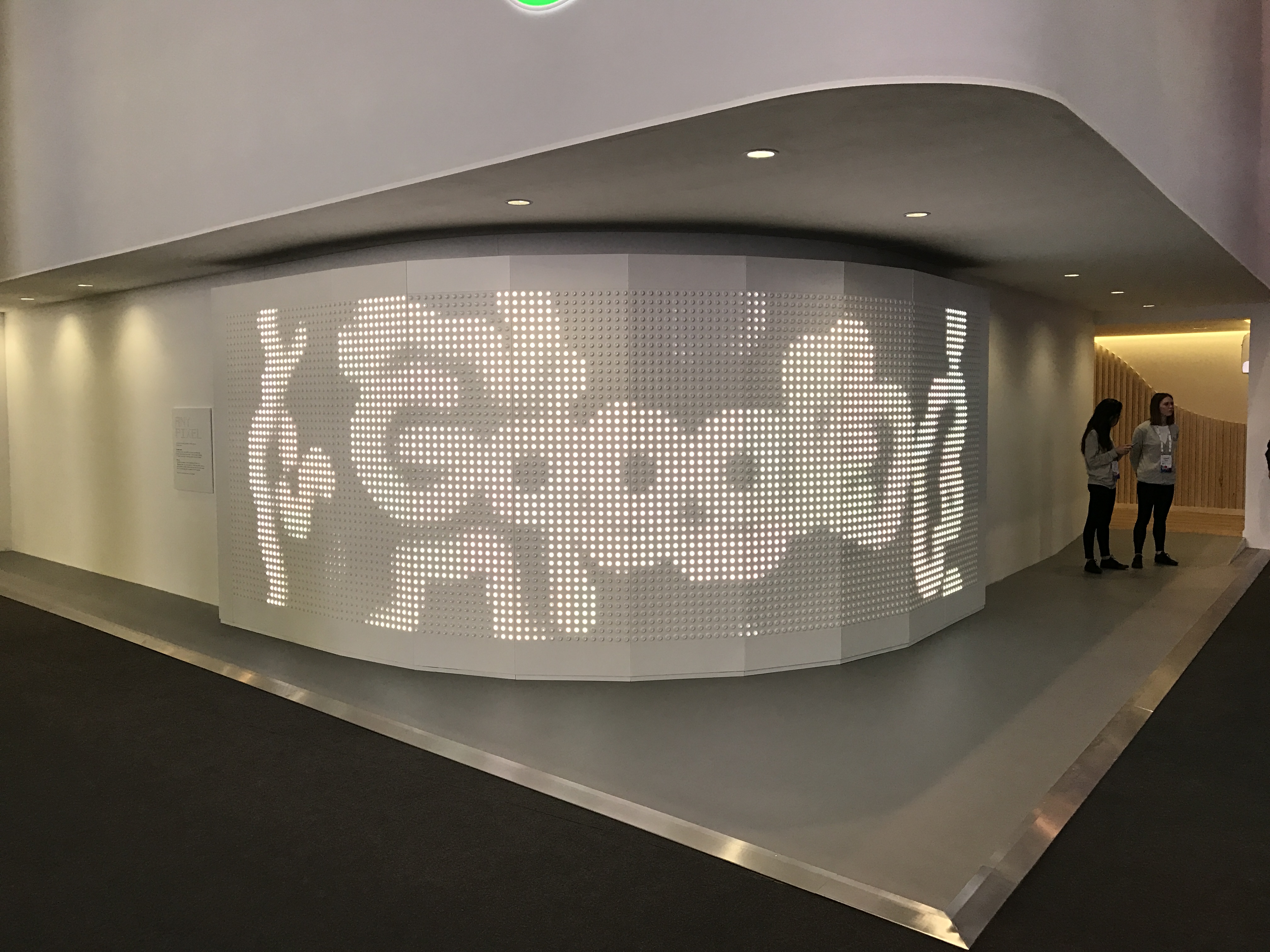

Li is a pioneer in image recognition, having built the ImageNet database, and was the director of the Stanford Artificial Intelligence Lab and the Stanford Vision Lab before she was hired by Google in November. She said that the Video Intelligence API can tap into the “dark matter of the digital age.”
The API joins existing machine learning APIs for translation, image recognition, speech and natural language.
Another aspect of Google’s AI strategy is data—the more data, the better the AI models that can be built-—and talented people who can create machine learning algorithms. With that in mind, Li announced the acquisition of Kaggle, a data science and machine learning community.
In sessions at the conference, Google product managers discussed long lists of use cases for AI that they are working on in the manufacturing, retail, education, healthcare and energy production industries.
With the costs of AI computation going down drastically, solutions are going to be easier to find, sooner. “In a few short years, the unit cost [of AI model training] rounds down to zero—if it’s running on the right silicon,” said Rob Craft, Product Lead for Machine Learning at Google.
Rounding out the announcements was Cloud Datalab, a data visualization tool that connects other Google services to a data science problem, which is now generally available.
To “democratize” means to spread democracy and promote a mode of government where the people rule. But it is also about making something available to all people, “to make it possible for all people to understand.”
Google and the big cloud vendors all have the ability to deliver machine learning-based intelligent services. What is going to make the difference in the next few years is which company can do the best job of matching the best uses of AI with the most people who want to take advantage of it.
As Googlers like to say, they already have seven different services that touch at least a billion people every day. So despite Google being back in the pack in the cloud revenue race, those large numbers and the technology may be enough to change the world. We are going to start finding out soon.
Scot Petersen is a technology analyst at Ziff Brothers Investments, a private investment firm. He has an extensive background in the technology field. Prior to joining Ziff Brothers, Scot was the editorial director, Business Applications & Architecture, at TechTarget. Before that, he was the director, Editorial Operations, at Ziff Davis Enterprise. While at Ziff Davis Media, he was a writer and editor at eWEEK. No investment advice is offered in his blog. All duties are disclaimed. Scot works for a private investment firm, which may at any time invest in companies whose products are discussed in this blog, and no disclosure of securities transactions will be made.
Originally published on eWeek
Page: 1 2
After being 'retired' by Intel's board of directors, ex-CEO Pat Gelsinger has joined a VC…
President touts easing Chinese tariffs to facilitate TikTok sale, and also implements 25 percent tariff…
Copyright lawsuit against OpenAI and Microsoft from The New York Times and other newspapers can…
New chapter for famous name from Internet's early days, Napster, has been acquired and will…
Solving not-spots? Ofcom proposal to make UK the first European country to allow ordinary smartphones…
Pioneering robotaxi service from Alphabet's Waymo to go live in Washington DC next year, as…